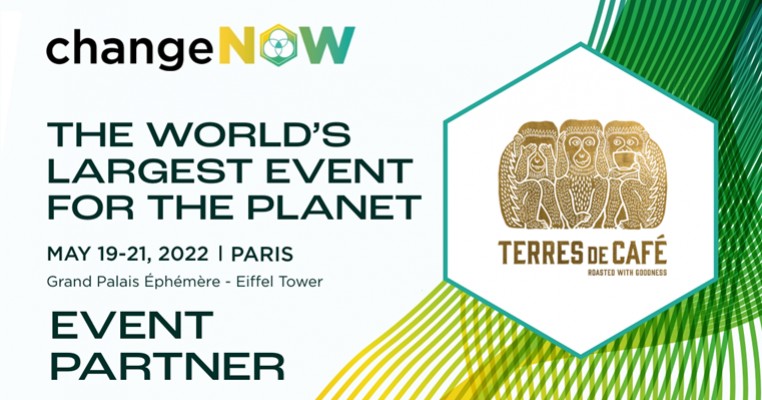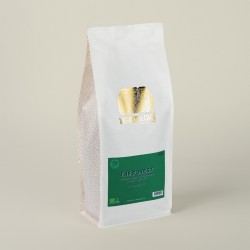Something has changed in “le Café” in recent years: it is now possible to drink good coffee in France, in Europe, and all over the world.
FIGHT AGAINST DEFORESTATION IN COFFEE AREAS
We know that the first bipeds, then the first Homo Sapiens came from the nourishing and protective East African Forest.
Less far from us, the indigenous Amazonian tribes live in the forest, heal and feed themselves there.
In Ethiopia, the forest has always been considered as a place of life, culture and production. The unexploited virgin parts are hunting grounds for men.
The value of the forest as a symbiotic ecosystem is then greater than the intrinsic value of its trees on the globalized market.
It is on the principle of valuing the Forest as a productive forest, that we defend, support and mediate the production of quality forest coffees by local communities.
Selling these coffees to the specialty coffee market is more profitable and more sustainable than cutting down trees.
A study, conducted since 2014 by Pascale Schuit of Union Head Toasted Coffee, in the Yayu coffee forest in Ethiopia, delivers its results on The Royal Botanic Garden – kew.org. It reveals that 70% of the income of 90% of the local population comes from coffee, that only 25% of the crops are qualified as Specialty Coffee but that income increases by 30% thanks to a higher selling price (minimum twice the price of a Fair Trade coffee).
This has no impact on the forest, without any use of input and, very importantly, on large volumes, since 1.26 million dollars were purchased from the community, between 2015 and 2018.
In our opinion, this is the most sustainable way of making coffee while preserving forests and populations. It traps CO2 and thus contributes to the fight against global warming. The soils are naturally fertilized, the temperatures and the humidity are regulated.
Forest coffees are extraordinarily complex and lively, and their market value offers protection to the forest, its biodiversity and becomes a tool in the fight against deforestation.
Finally, the income generated by forest coffee allows local communities to stay at home, to live off their know-how, with dignity.
But growing coffee under forest is not possible everywhere due to different climates. This is the case in Brazil or in a large part of Central America, for example, although simple agroforestry is increasingly used on quality farms.
But simple agroforestry is not only the forest, not more than tree plantations, orchestrated by associations or organizations that offer compensation to companies that can thus continue to destroy living things. This is not our vision of sustainability.
We select producer partners who have a sustainability strategy based on a given environment. The cost of this strategy is included in the price of the coffee. This strategy covers coffee quality, water management, social management, soil and forest management and biodiversity in general.
If cultivation under forest is impossible, then we defend the principle of conservation, i.e. forest sanctuaries, ideally at the top of the plantations, which the farmer undertakes to preserve.
.jpg)
The farmer can also intensify his agroforestry strategy by densifying cover trees with the objective of obtaining several levels of canopies. This is the case for many mid-altitude farms to protect themselves from global warming. The plantations then become mid-forests.
The farmer can also embark on the path of regeneration, i.e. reconstitute a forest on deforested soils damaged by decades of chemistry. It lasted twenty years but it made it possible to reintroduce the cultivation of coffee in the forest.
The farmer can also have a defensive strategy from the start of a project, by planting coffee trees on areas that are already deforested, and by not cutting down any other trees on the estate.
Here, the coffee growing project itself becomes the bulwark against deforestation linked to another agricultural project.
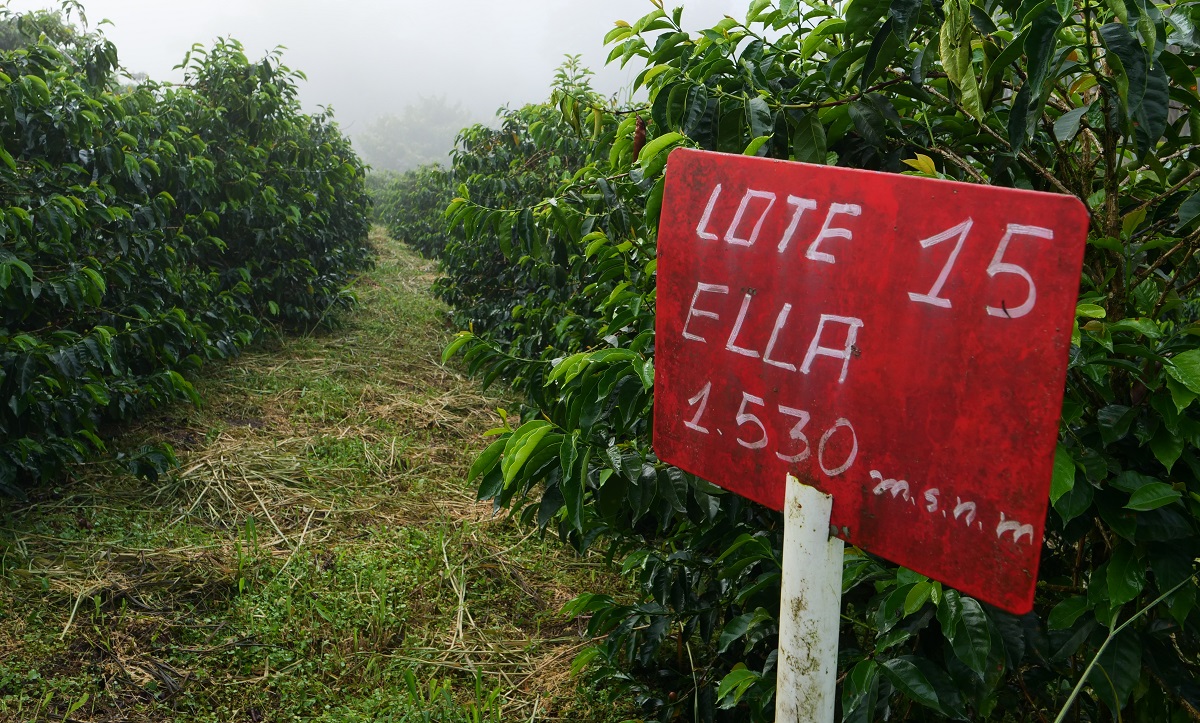
Rarer, but very encouraging, forest can be born in a desert universe, as is the case with the Las Terrazas Del Pisque project, in Ecuador, where Arnaud Causse created a productive and syntropic farm in the middle of the desert. We can then speak of forest generation.
We see, in our sector, that the strategies for sustainability in general, and for the fight against deforestation in particular are numerous, and they depend on the environment and on the will and imagination of people.
What is new is that these strategies are also determined by a double need: the continuity of coffee farming endangered by global warming and the search for quality, which gives value to production. Therefore it is possible to finance the tremendous changes that we are witnessing in the specialty coffee sector, and which must be generalized urgently.
Our responsibility, as sourcer-roasters, is to be an actor in changes in agricultural practices, by on the one hand choosing and helping our partners at the origin, then to inform our customers and on the other hand to offer them transparent trustworthy cafes.
TERRES DE CAFE EVENT PARTNER DE CHANGE NOW !
Today, a formidable, irreversible dynamic is underway because the sector of what is now called "Specialty Coffee" is now structured and organized.
Producers, sourcers, importers, roasters, work together to offer each year, coffees that have never been so good.
This sector is based on a market and a community. It already represents 25% of the coffee market in the United States, and around 8% in Europe, but with dazzling growth rates of around 20% each year.
The Covid 19 pandemic has only reinforced the desire to consume better and traceable.
But this formidable adventure is only interesting if it is long-term, in other words, in the notion of sustainability, at the origin and in the country of consumption.
"The Covid 19 pandemic has only reinforced the desire to consume better and traceable."
Since our creation, we have chosen to buy coffees from Ethiopian Forests and we have forged our conviction that, by supporting respectful agricultural production, by laying the foundations for a fair exchange with producers anchored in the remuneration of quality, by drawing up common development programs, by reclaiming distribution, and by imagining a relationship with consumers that is no longer based on seduction and manipulation, but on education, traceability and trust, we wanted the foundations for a positive and sustainable transition in coffee consumption in France and Europe.
Besides, wouldn't that be a good basis for a positive and sustainable food transition, in general.
CHANGE NOW
It is in this capacity that we are partners of the CHANGE NOW SUMMIT because we know that the industrial and convenience coffee sector, intended for large distributors, generates social misery, environmental destruction, without respecting the end consumers.
We want to show that another model is possible, which combines balanced exchanges, quality and quantity.
THE FOREST BLEND
A blend of 100% organic and sustainable forest coffee, The Forest Blend embodies our values and will be served to all participants throughout the event.
Thank you to our DELONGHI AND BRITA Partners who accompany us on this path by helping us to disseminate our ideas and our coffees to as many people as possible.
![]()
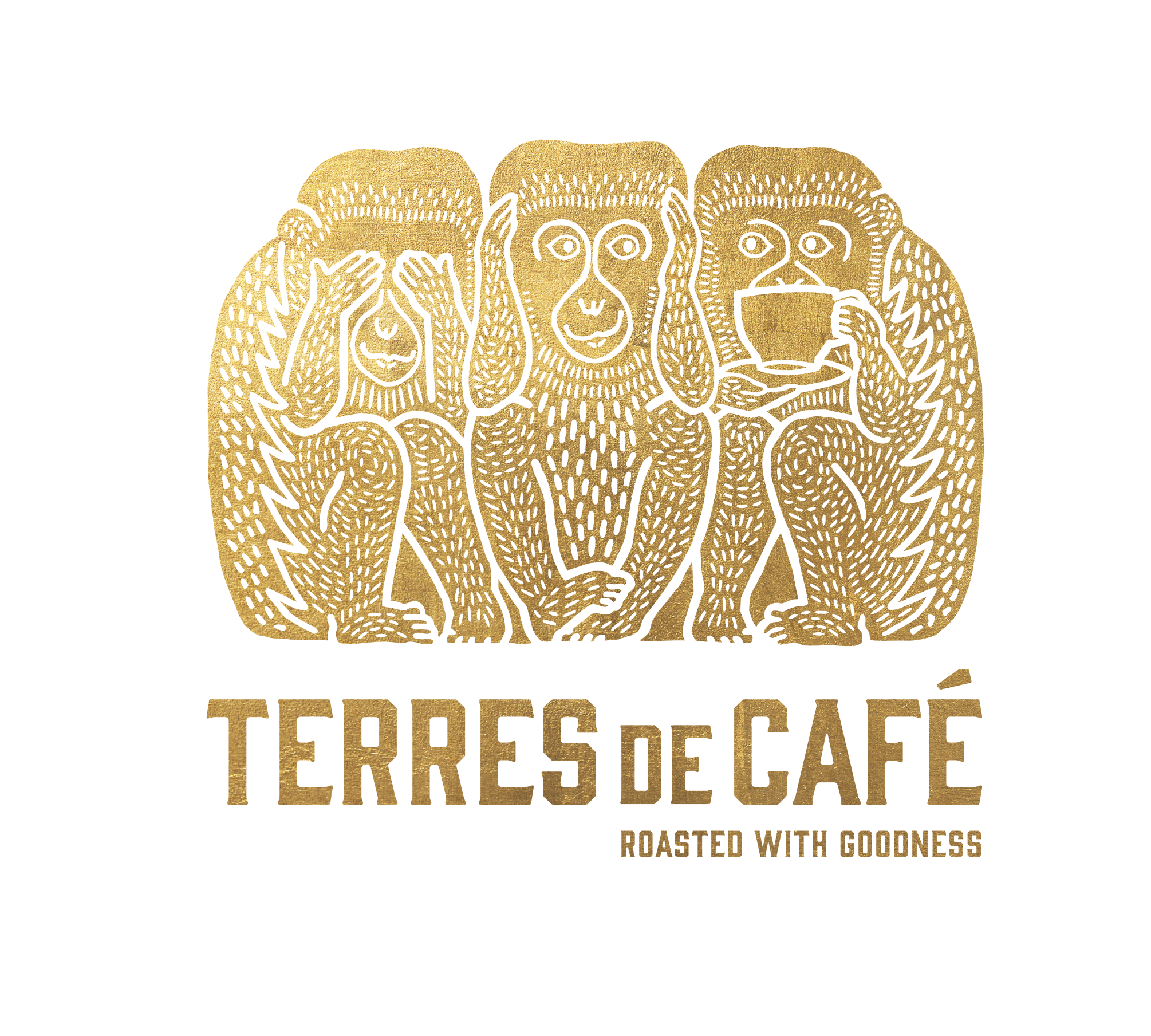
TERRES DE CAFÉ AND DE'LONGHI
At the turn of the 2010s in France, TERRES DE CAFÉ offered the general public and professionals an alternative to industrial coffees, with high quality wines, produced in a sustainable way.
Today, the production and consumption of specialty coffees is a global phenomenon, and the rise in quality promises to be irreversible.
This trend generates an ecosystem that supports this transition.
By offering a wide range of reliable, easy-to-use "grain" machines, and offering high quality extraction, De'Longhi is, in our view, one of the major players in this transition.
We are happy to be partners at the CHANGE NOW 2022 Summit, because the sustainability of our sector depends of course and only on the use of coffee beans in everyday coffee consumption.


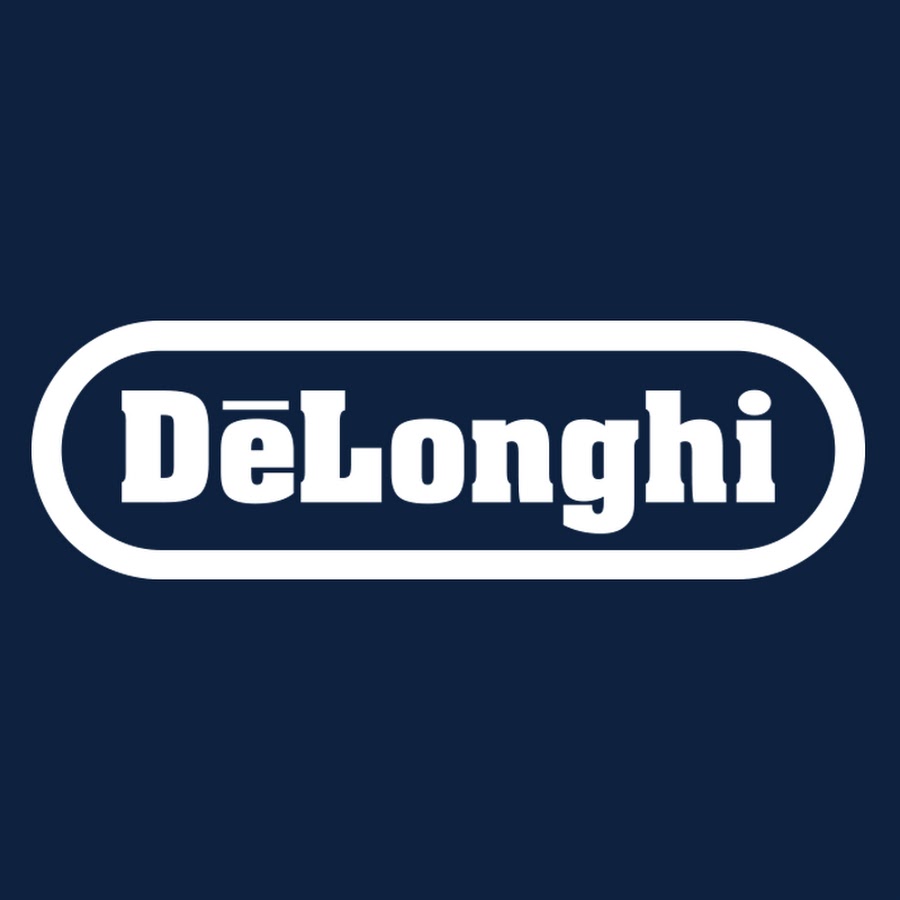
TERRES DE CAFE AND BRITA
To reveal all the complexity and sensory potential of specialty coffees, their extraction, domestic or professional, requires quality water.
For ten years, TERRES DE CAFÉ has chosen BRITA to manage the filtration dedicated to coffee for all our shops and our professional customers.
A family company, on a human scale, BRITA successfully and efficiently supports the development of our company, and of the specialty coffee sector in general.
In addition, BRITA is part of the solution to move towards an eradication of plastic, recycled or not, used in the water industry.
We are happy to be partners on the CHANGE NOW 2022 Summit, where BRITA will provide the filtration of the water intended for the production of our coffees, as well as the water made available to visitors to our various coffee areas.



